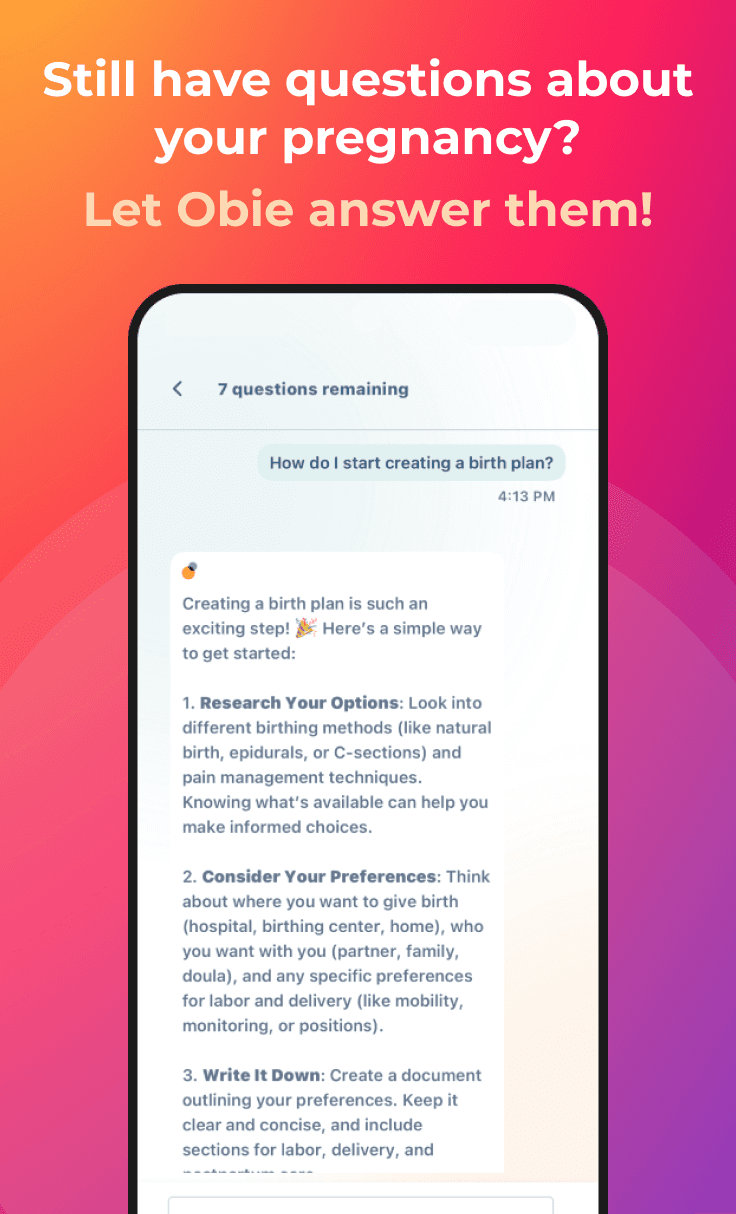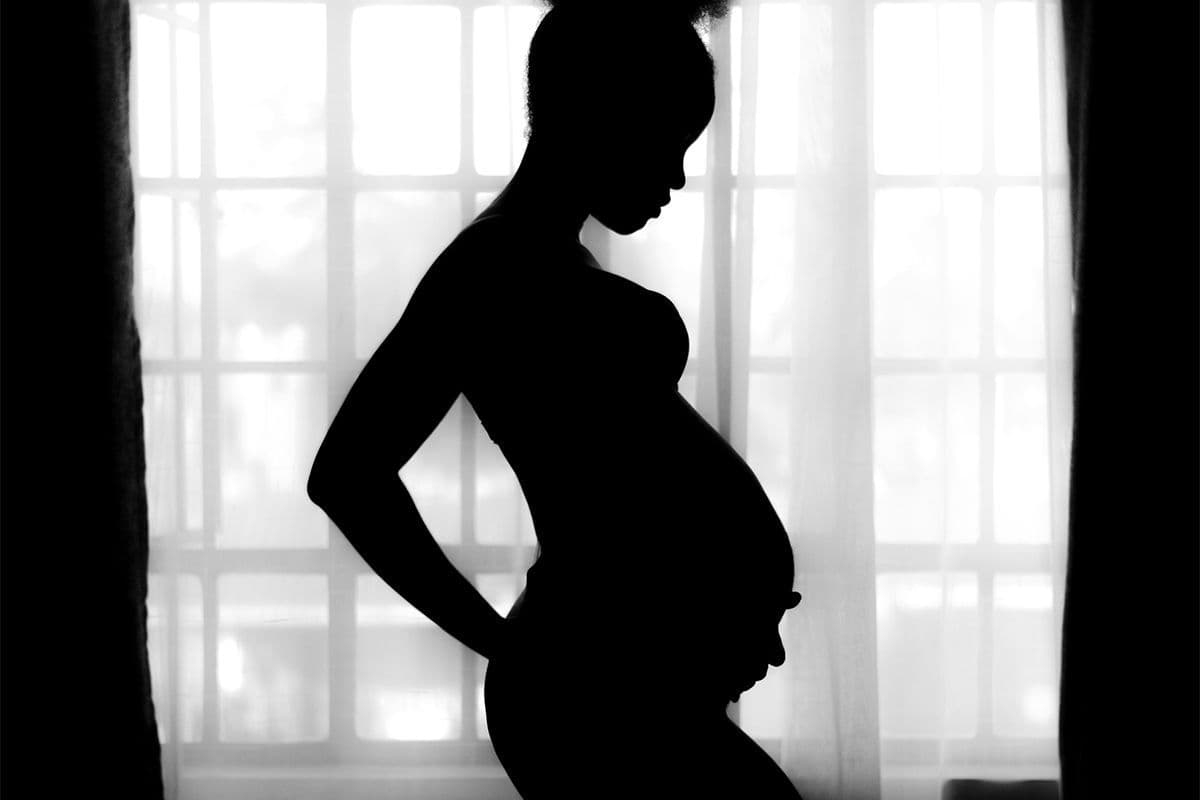The Need for Iodine Supplements during Pregnancy
Obie Editorial Team
Iodine deficiency is usually pretty uncommon in the United States, but in many other parts of the world, it’s the leading cause of mental retardation and brain damage. However, that doesn’t mean you can’t feel the effects of mild iodine deficiency during your pregnancy if you fail to monitor your diet.
A study done through the George Washington University School of Medicine and Health Sciences has shown that women need to take iodine during pregnancy because they don’t get enough in their normal diet. Lead author of the study, Dr. Alex Stagnaro-Green, professor of medicine and professor of obstetrics and gynecology at the George Washington University, says that "Iodine levels in the US have been decreasing, which has the potential to negatively impact the mother and unborn child. It's time for all healthcare professionals to make sure that every pregnant and breast-feeding woman gets supplemental iodine during pregnancy and while they are breast-feeding."
In addition to helping your baby’s brain and nervous system growth, iodine is instrumental in regulating your thyroid gland and metabolism. A lack of iodine has been linked to preterm term, stillbirth, and miscarriage. It is recommended that pregnant women take at least 220 micrograms of iodine every day, and breastfeeding women should take about 290 mcg every day.
The good thing is that you can get a lot of the iodine you need from the food you eat every day, so you don’t have to take a handful of tablets. Dairy products, eggs, and seafood all contain iodine. Some vegetables even have too much iodine for regular consumption, such as kelp which has 1,986 mcg of iodine per tablespoon and is way above the daily recommended dose. Low-fat yogurt, cod, and baked potatoes have some of the highest amounts of iodine and are perfectly safe for consumption.
If you eat enough food containing iodine, you may not even have to take supplements. Prenatal vitamins don’t contain enough iodine on their own to provide the recommended daily amount for pregnant women, but the vitamins combined with enough iodine-containing food should be enough. The best way to figure out if you’re getting enough iodine is to keep a food journal, which is a good thing to do during pregnancy anyways. Record the food and vitamins you eat every day and see if your iodine intake equals to 220 mcg or more. If it does, then you need to worry about iodine deficiency.
Source: George Washington University (2012, December 18). Critical need for iodine supplements during pregnancy and while nursing. ScienceDaily.
A study done through the George Washington University School of Medicine and Health Sciences has shown that women need to take iodine during pregnancy because they don’t get enough in their normal diet. Lead author of the study, Dr. Alex Stagnaro-Green, professor of medicine and professor of obstetrics and gynecology at the George Washington University, says that "Iodine levels in the US have been decreasing, which has the potential to negatively impact the mother and unborn child. It's time for all healthcare professionals to make sure that every pregnant and breast-feeding woman gets supplemental iodine during pregnancy and while they are breast-feeding."
In addition to helping your baby’s brain and nervous system growth, iodine is instrumental in regulating your thyroid gland and metabolism. A lack of iodine has been linked to preterm term, stillbirth, and miscarriage. It is recommended that pregnant women take at least 220 micrograms of iodine every day, and breastfeeding women should take about 290 mcg every day.
The good thing is that you can get a lot of the iodine you need from the food you eat every day, so you don’t have to take a handful of tablets. Dairy products, eggs, and seafood all contain iodine. Some vegetables even have too much iodine for regular consumption, such as kelp which has 1,986 mcg of iodine per tablespoon and is way above the daily recommended dose. Low-fat yogurt, cod, and baked potatoes have some of the highest amounts of iodine and are perfectly safe for consumption.
If you eat enough food containing iodine, you may not even have to take supplements. Prenatal vitamins don’t contain enough iodine on their own to provide the recommended daily amount for pregnant women, but the vitamins combined with enough iodine-containing food should be enough. The best way to figure out if you’re getting enough iodine is to keep a food journal, which is a good thing to do during pregnancy anyways. Record the food and vitamins you eat every day and see if your iodine intake equals to 220 mcg or more. If it does, then you need to worry about iodine deficiency.
Source: George Washington University (2012, December 18). Critical need for iodine supplements during pregnancy and while nursing. ScienceDaily.









